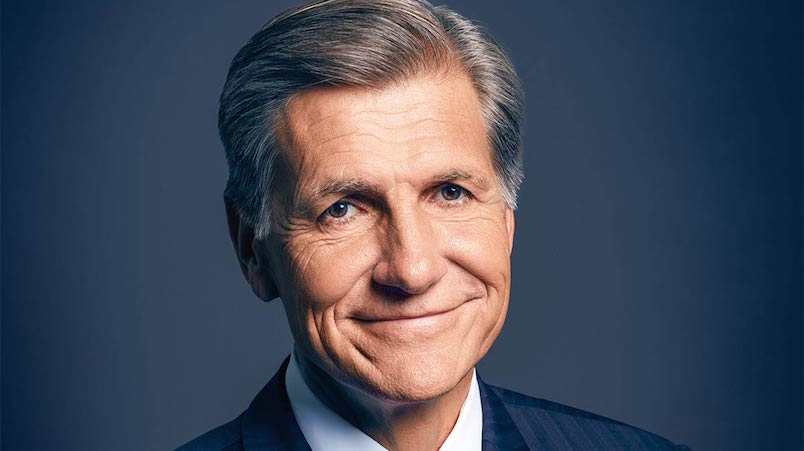P&G Chief Brand Officer Marc Pritchard: Profit drives good, not vice versa – and sustainability cannot be our main message
An Mi3 editorial series brought to you by
LinkedIn


Marc Pritchard: "We all have to be discerning – because there are going to be a lot of issues out there be discerning on."
P&G’s top marketer Marc Pritchard thinks the packaged goods giant went too far in its pursuit of purpose before profit. Now it’s flipping back to growth first in order to then fund societal good. As brands face increasing expectation to weigh in on complex social issues, he thinks marketers must avoid being pulled in all directions.
What you need to know:
- P&G flipped its mission statement. It now promises to be ‘a force for growth to be a force for good’ rather than the other way around.
- Brand chief Marc Pritchard said growth is a means to fund good.
- He also believes brands risk being distracted by trying to take a stance on exponential social issues.
- Pritchard thinks consumers want products that work – and are also sustainable – and said sustainability will not become its primary comms position.
We were saying 'a force for good to be a force for growth'. But we found we spent so much time on the good, you know, we need to make sure we pay enough attention to the growth.
Against a plethora of brands putting purpose and sustainability top of their messaging agendas at Cannes, Pritchard bucked the trend.
P&G has recently flipped its mission statement. It now promises to be ‘a force for growth to be a force for good’.
“We were saying 'a force for good to be a force for growth'. But we found we spent so much time on the good, you know, we need to make sure we pay enough attention to the growth,” he told a Deloitte-hosted session.
“If you're a force for growth that is good – especially right now – because that brings economic good, that pays wages that helps partners,” said Pritchard. “Our job is we need to help people understand that growth leads to good. Economic growth is good, it helps communities, it helps society – then it also gives you as a company the means to do more good for society and for the planet.”
Pritchard underlined the ‘practical purpose’ that P&G is committed to delivering alongside its function as a maker and seller of hundreds of products.
“We have been doing equality and inclusion for 30 years,” said Pritchard, citing tampon brand Always by way of example.
“We have found that one of the biggest problems is that young women often have to skip school because they can't afford adequate period protection. So what does Always do? Always says you buy a pack, we're going to donate a pack.”
He cited washing powder brand Tide as an example of sustainability with practicality baked-in.
“People want clean clothes and they want to be environmentally conscious. We designed our formulas to clean in cold water. When they clean in cold water that actually reduces the energy emissions by 80 per cent, because it all comes from heating the water. It takes carbon out of the atmosphere actually saves you enough a month so that it pays for your wash,” said Pritchard. “That is a force for growth and a force for good. Our job is to be able to help people understand that linkage – and if we do that then people can get motivated.”
Brands, Pritchard agreed, are being asked to weigh-in on a rapidly expanding range of social challenges. He thinks businesses have to stay focused.
“We all have to be discerning because there are going to be a lot of issues out there be discerning on: Where can you have the most impact? Equality, inclusion – your business is people. I think in many cases we can do things in a way that delivers our products and our services in a way that is equal and inclusive and also in a sustainable way,” said Pritchard. “So that's where we can probably make the biggest difference. Then there's other things where… not so much.”
Asked if P&G will make sustainability the main aspect of brand communication, Pritchard said not.
“No. Because first and foremost – at least the way we view it – is that from our products, people want superior performance from a product that is [also] sustainable. So the trick is, how is it sustainable?”
